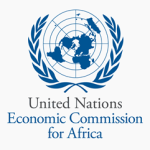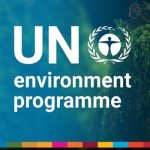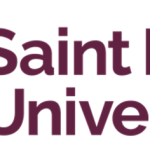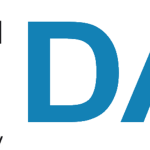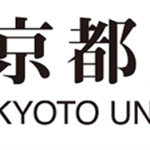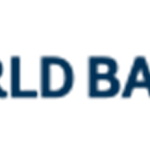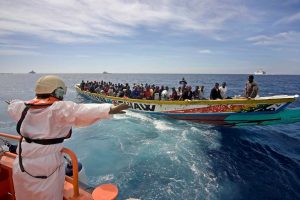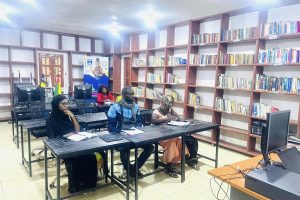Extra-curricular activities are a valuable investment in our student’s future, with research showing that students who participate in activities outside of their studies tend to have higher inputs in the society after graduation. The industrialization of Kesmonds academic programs participates in transforming the economy of a nation or region from a focus on agriculture to a reliance on manufacturing. Mechanized methods of mass production are an essential component of this transition. Students engaged in wine production as an additional skill to their academic programs. The entrepreneurial approach of teaching helps to bridge the gap between theory and practice. A student at Kesmonds gains an additional skill in production, processing and manufacturing. We convert our agricultural products to processed products for the market. We believe in reducing importation by encouraging production at local levels.
Greetings, the above pictures illustrate the food processing practical held in our school Lab with the KIU students.

The practicals were based on the production of folere and white grapes wine.
As part of our natural science course, we conducted a practical in the school laboratory to produce folère and grape wine. This practical allowed the students to understand the basic principles of fermentation and the production of alcoholic beverages.
Materials Needed
To carry out this practical, we needed the following materials:
- Folere leaves
- Grapes
- Sugar
- Water
- Yeast
- Glass bottle
- Filtration equipment
- Measuring equipment (ph, temperature, etc.)
After processing the different wines, We placed the mixture in closed and sealed buckets for the maturation process for a period of two weeks after which we shall come back to condition our wine.
Conclusion
This practical allowed us to understand the basic principles of fermentation and the production of alcoholic beverages. We learned how to prepare folère and grape wine using simple ingredients and basic equipment. This experience also enabled us to develop our skills in measurement, filtration, and handling chemical substances.
Coordinator
Mrs. Sobze Nicaise

